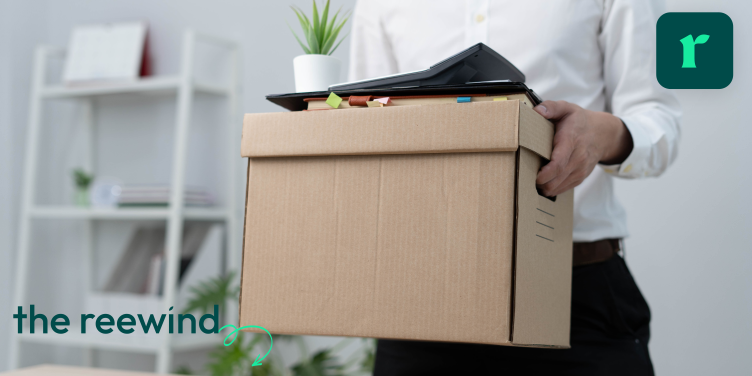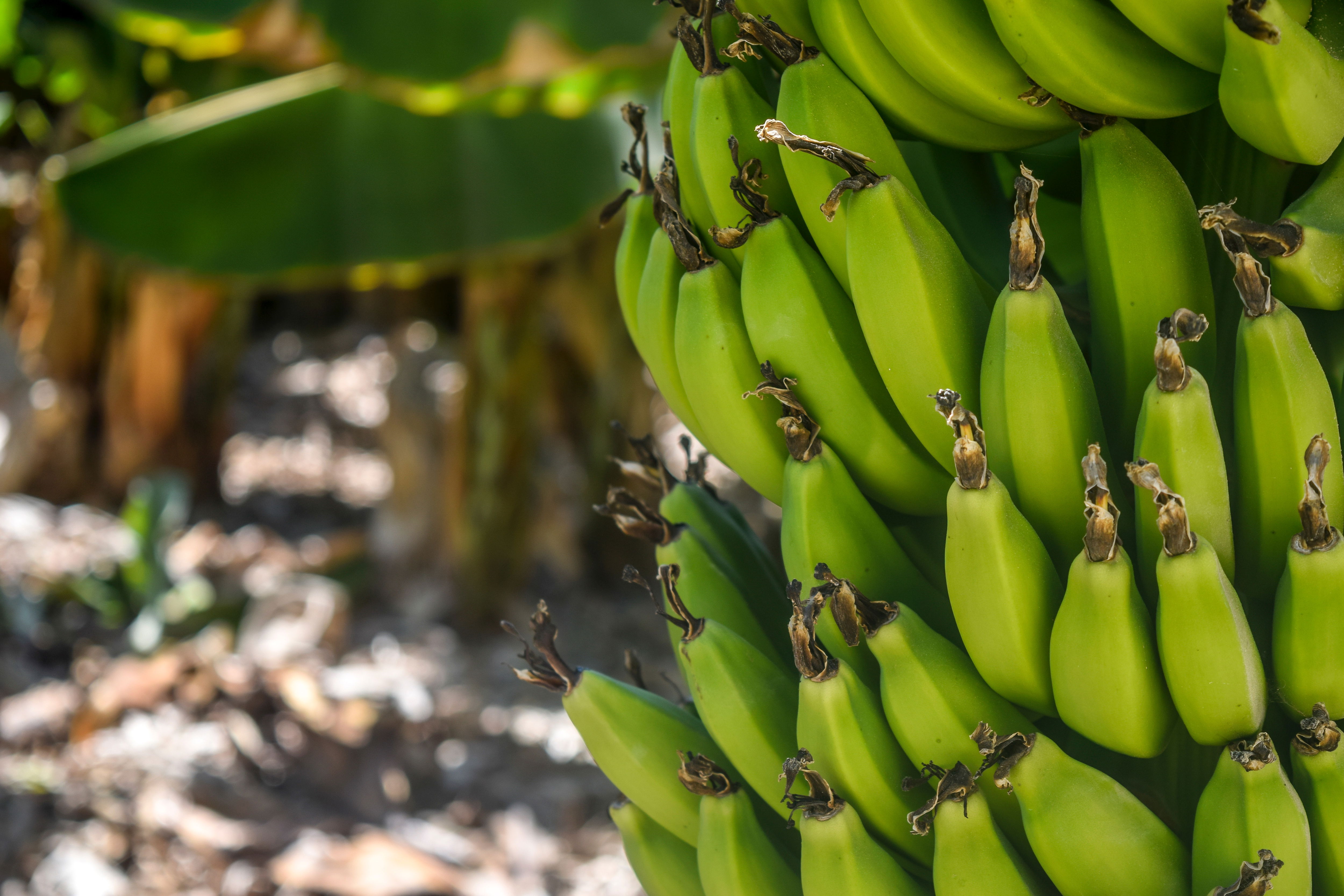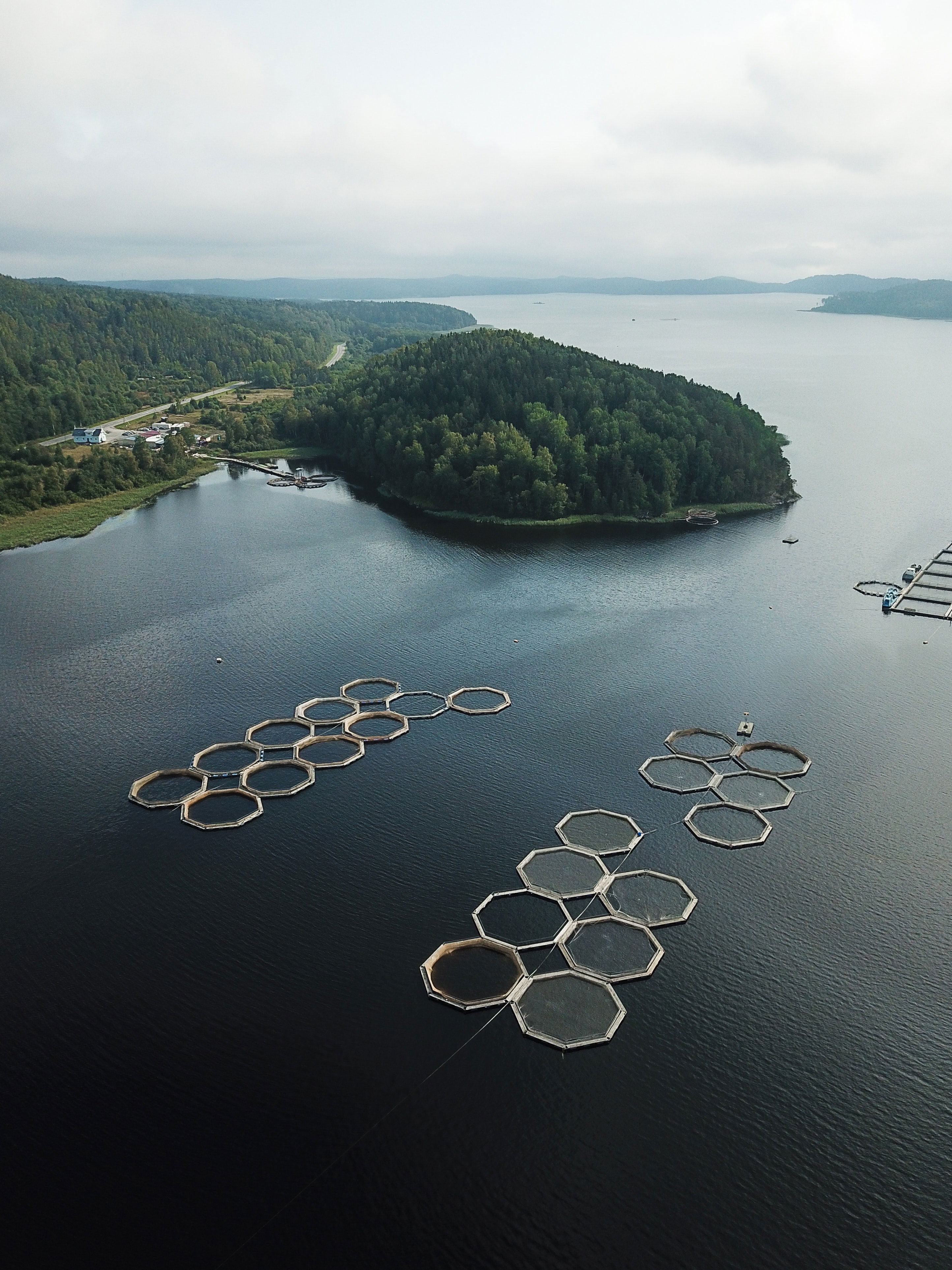
Our Top Stories
Conscious quitting on the rise: Edie reports on the first ever Net Positive Employee Barometer, which surveyed over 4,000 UK and US workers, asking about their perceptions of corporate efforts to improve societal wellbeing and the environment. In total, 45% of employees claimed they would consider quitting and resigning from a position if corporate values did not align with their own. Paul Polman, the former Unilever chief executive, stated, “Forget quiet quitting, we are entering an era of conscious quitting”. It seems that businesses who don’t take efforts to deliver positive environmental and social impacts may lose some of their best workers as the climate crisis worsens and employees become more concerned with global environmental impacts. [Edie]
That’s bananas!: According to Trendwatching, at Dutch ports, 120 million kilograms of bananas are destroyed annually, purely for cosmetic reasons. With such extortionate amounts of food waste, Dutch food brand Sunt is now working with Fyffes - one of the world's largest banana distributors - to rescue a projected 2.1 million kilograms of rejected bananas from the port of Antwerp yearly. From these fruits, they will make a variety of products, including banana bread, granola and baked donuts. Sunt hopes to expand their food waste upcycling processes, providing a viable solution to one of the food industry’s biggest problems.

The lack of public awareness around farming: Agriland highlights a recent social media survey of UK farmers that has revealed some of the strangest things they have been asked by members of the public. Questions included: ““How many times can you harvest beef from a cow?”, and “Do pigs make cheese?”. Though amusing, the survey casts light on how far removed some members of the public are from where their food comes from and how it’s made. To connect people to their food, the industry not only needs increased agritourism, but also needs more transparency from food businesses. By effectively engaging consumers, the food sector can significantly increase awareness around how food truly gets from farm to fork. [Agriland]
Feed’s carbon footprint: Animal feed given to farmed chickens and salmon account respectively for at least 78% and 69% of the industries’ environmental pressures, according to a new study. The Guardian reports on the key results, as the authors of the study take point to note that while chicken and salmon farming are more environmentally efficient than other industries such as beef, they were surprised mostly by how vast both of the feed footprints are. Scientists hope emerging research into new types of animal feeds, such as microalgae and insects, may help to reduce the dependence on traditional intensive feed production, and make aquaculture and chicken farming more sustainable. [The Guardian]

Research Corner
Record low sea ice cover: There is currently less sea ice in the Antarctic than at any time in the forty years since the beginning of satellite observation. This startling discovery shows that climate change continues to escalate at unprecedented levels. The rapid decline in sea ice over the past six years is quite remarkable, since the ice cover hardly changed in the prior thirty-five years. As high air temperatures melt the sea ice, they are also beginning to disrupt weather patterns. This is intensifying the melting of ice shelves, and increasing the speed of future global sea-level rise. [AWI]
Stat Attack
“An assessment of the forest-related policies and performance of 350 big companies has found that 98% net-zero targets risk not meeting them due to their deforestation links. The researchers have pointed the finger at firms including Ikea, Amazon and Starbucks.”
Source: The Forest 500 / Edie
The Big Picture
About Reewild
The food and agriculture industry is at the heart of the climate crisis, generating around a third of man-made greenhouse emissions. And while the challenge of reducing its impact may seem beyond our grasp, it is one that we all have the power to tackle.
We believe that the solution lies in climate transparency. That’s why we’re equipping businesses with the means to evaluate and communicate the emissions of their products. This, in turn, means consumers are armed with credible, independent information, which can be used to make more sustainable choices.
We know that many people want to take climate action but lack the necessary tools and information to do so. We're confident that, armed with the right knowledge, everyone can and will do their bit to build a greener, more sustainable food system.
Join the Reewild app waiting list
https://reewild.com/coming_soon/
Follow us on social media
https://www.instagram.com/reewild.earth/
https://www.linkedin.com/company/reewild/
.png)


